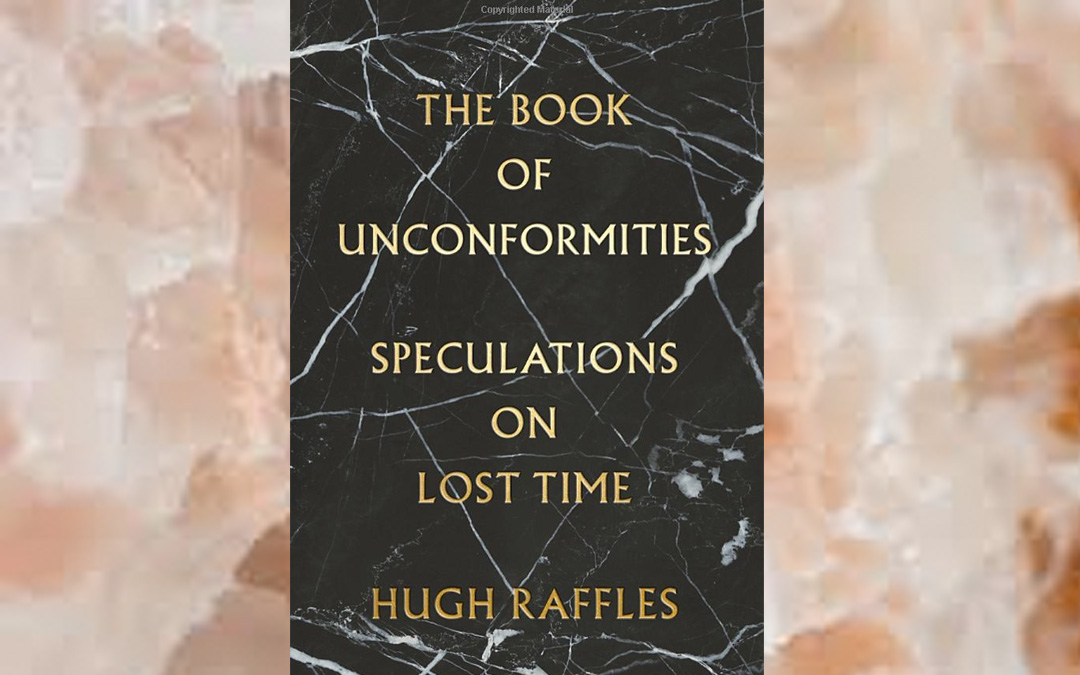SAR is pleased to announce that Hugh Raffles, Professor and Anthropology Department Chair at the New School for Social Research, has been named winner of the 2023 J. I. Staley Prize for The Book of Unconformities: Speculations on Lost Time (New York: Verse Chorus Press, 2020), The award will be presented to Professor Raffles in the fall. A five-minute video about the book is viewable here.
The Staley selection committee’s award citation reads as follows:
In this startlingly original book, Hugh Raffles explores the relationship of human and geologic time through the fundamental materiality of stone. He effortlessly blends geology, archaeology, history, ethnography, and travel to broaden our notions of what anthropology can be, radically crossing disciplinary boundaries. The narrative ranges from personal grief to plate tectonics, with a close reading of the headlong exploitation of our natural world. The sharp black-and-white images throughout the book add texture to Raffles’ stories by serving as visual counterpoint to his analysis.
The central metaphor of the work, the unconformity, is deployed both in its scientific sense—as a break of time in the geological record, typically caused by rupture and erosion—and in the tendency of humans to act as erosive agents through our tireless reshaping of the world and extraction of the planet’s mineral resources. These unconformities play out on multiple levels: geological strata overlapping and colliding, historical conflicts and erasures between different peoples, and most tellingly, between humans and the natural world they seek to exploit and tame. The “speculations on lost time” are the deep time of geology, the historical time of exploration and exploitation that have shaped today’s damaged world, and also the time spent with loved ones who remain only in memory.
The Book of Unconformities ranges from the marble foundations of Manhattan to Neolithic monuments of the North Atlantic, the exploitation of meteorites by Indigenous residents and European explorers in Greenland, and even “blubberstone”—a mineralized byproduct of whaling. In each case Raffles offers engaging ruminations on the entanglement of social and geologic processes.
In our Anthropocene era, no recent work has done more to position anthropology as a discipline that weaves together human aspirations and follies and their links to the planetary resources that make all life possible.
Since 1988, SAR has awarded the J.I. Staley Prize annually “to a living author for a book that exemplifies outstanding scholarship and writing in anthropology. The award recognizes innovative works that go beyond traditional frontiers and dominant schools of thought in anthropology and add new dimensions to our understanding of the human species.”
J. I. Staley, whose generous bequest created this award, was a businessman from Wichita Falls, Texas. He served on the SAR board of directors from 1980 until his death in 1995.
